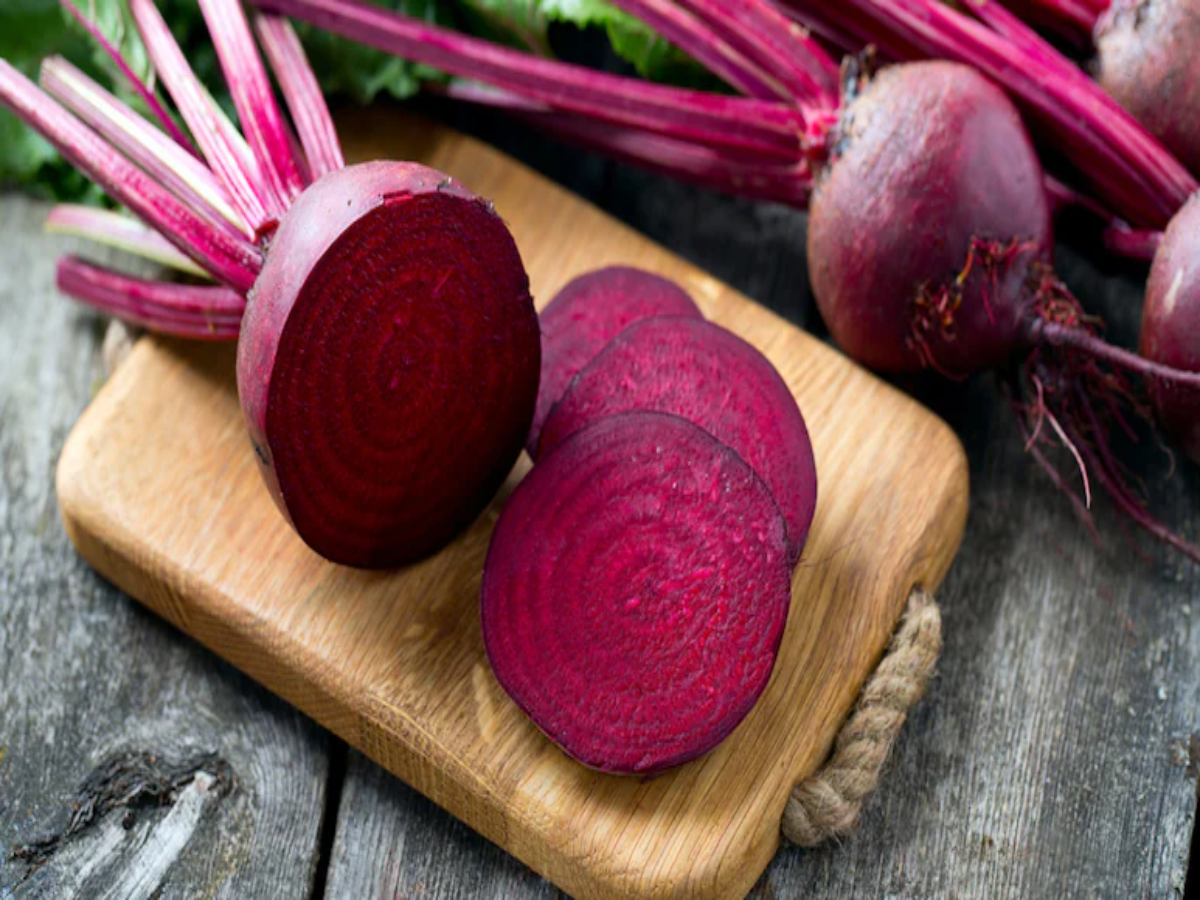Beetroot is a healthy vegetable packed with nutrients. It is rich in iron, fiber, folate, and antioxidants. Many people include beetroot in their diet for better blood flow, improved skin health, and energy. However, beetroot is not suitable for everyone. Some people should avoid or limit beetroot as it may harm their health.
Let’s understand who should not eat beetroot and why.
1. People with Kidney Stones
Beetroot contains a high amount of oxalates, which can form kidney stones. If someone has had kidney stones in the past or is at risk of developing them, they should avoid beetroot.
Oxalates bind with calcium and form crystals in the kidney. This may lead to pain, infection, or even surgery.
Tip: If you have kidney issues, ask your doctor before eating beetroot or drinking beet juice.
2. People with Low Blood Pressure
Beetroot helps in lowering blood pressure. This is good for people with high blood pressure.
But for those with already low blood pressure, beetroot can make it worse. It may cause dizziness, fainting, and fatigue.
has nitrates which relax blood vessels and reduce blood pressure. For some people, this can go too low and become dangerous.
Tip: If you often feel dizzy or weak, avoid beetroot or monitor your BP after eating it.
3. People with Sensitive Stomachs
Beetroot is high in fiber. While fiber is good for digestion, too much of it can lead to gas, bloating, and stomach pain in sensitive people.
Some people may also feel diarrhea or stomach cramps after eating beetroot, especially raw.
Tip: Start with a small amount of beetroot. If it causes discomfort, it’s better to avoid it.
. People Allergic to Beetroot
Though rare, some people may be allergic to beetroot. Allergic reactions may include:
- Skin rashes
- Itching
- Swelling of the face or tongue
- Trouble breathing
If these symptoms appear after eating beetroot, stop eating it immediately and consult a doctor.
5. Diabetic Patients (Caution)
Beetroot has natural sugars. Though it has a low glycemic index, eating it in large amounts may increase blood sugar levels in diabetic patients.
Tip: Diabetic people should eat beetroot in moderation and check their sugar level regularly.
6. Pregnant Women (in excess)
is rich in folate and iron which is good during pregnancy. But too much beetroot juice may lead to problems due to high nitrate content.
This may affect oxygen flow in the body and might be risky for the unborn baby.
Tip: Small portions of beetroot are safe during pregnancy, but consult your doctor for the right amount.
7. People on Certain Medications
can interact with blood pressure medicines, blood thinners, or nitrate-based drugs.
It may make these medicines too strong, causing side effects.
Also, people on iron supplements may get too much iron if they eat a lot of beetroot.
Tip: If you are on any long-term medicine, ask your doctor if beetroot is safe for you.
Side Effects of Eating Too Much Beetroot
Even if you are healthy, eating too much beetroot can cause some side effects:
- Beeturia: Red or pink urine and stool. It’s harmless but can be scary.
- Stomach Upset: Gas, bloating, or diarrhea.
- Gout: High oxalate in beetroot may trigger gout pain in some people.
- Calcium Deficiency: Oxalates may block calcium absorption.
How Much Beetroot is Safe?
A small bowl of cooked beetroot (about 100 grams) or half a glass of beet juice per day is generally safe for healthy people.
But if you face any side effects or fall into the above risk groups, reduce the amount or avoid it completely.
Final Words
Beetroot is full of health benefits, but it’s not for everyone. People with kidney stones, low blood pressure, allergies, or stomach problems should be careful. Even healthy people should not overeat beetroot.

